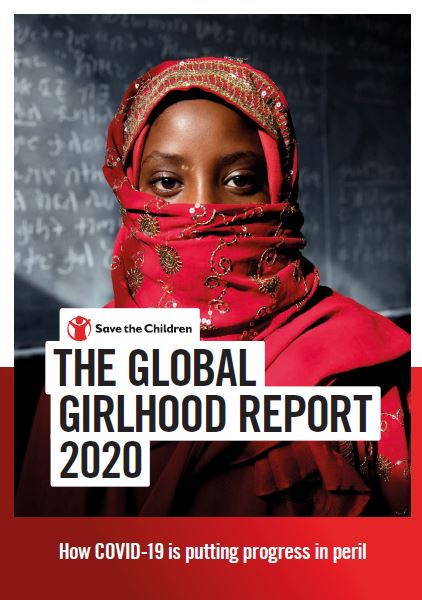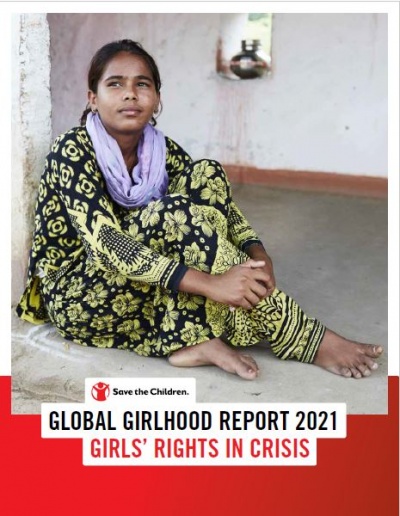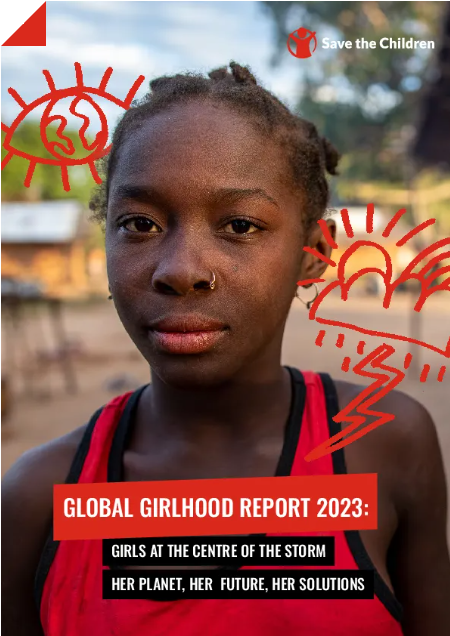Nonostante le promesse dei leader mondiali, le ragazze sono in prima linea nelle questioni più urgenti del mondo e i matrimoni precoci continuano in tutto il mondo. Prima del COVID-19, le stime globali del tasso di matrimoni precoci erano in calo, ma il mondo era ancora molto lontano dal rispettare la scadenza dell'Obiettivo di Sviluppo Sostenibile di porre fine ai matrimoni precoci entro il 2030. Nel 2021, l'UNICEF ha stimato che, senza un'azione urgente, la crisi COVID-19 avrebbe causato altri 10 milioni di matrimoni precoci entro il 2030, il primo aumento dei matrimoni precoci in più di 20 anni. Questo numero potrebbe essere ancora più alto poiché gli impatti in corso del COVID-19 si combinano con l'emergenza climatica, l'aumento dei conflitti e l'aumento del costo della vita. Queste "quattro C" (Covid, clima, costi e conflitti) stanno già provocando la peggiore crisi alimentare globale in più di un decennio e i bambini riferiscono che i matrimoni precoci sono già in aumento mentre le famiglie lottano per mettere il cibo in tavola. Il rapporto di quest'anno fornisce una nuova risorsa per i sostenitori delle ragazze con un'analisi dei dati unica nel suo genere sull'effetto quantitativo del conflitto sui matrimoni precoci, nonché una ricerca longitudinale basata su oltre 600 interviste con giovani donne e ragazze sposate da bambine.
Despite promises by world leaders, girls stand at the frontline of the world’s most pressing issues, and child marriage continues, all over the world. Before COVID-19, global estimates of the rate of child marriage was decreasing but the world was still a long way off meeting the Sustainable Development Goal deadline to end child marriage by 2030. In 2021, UNICEF estimated that without urgent action, the COVID-19 crisis would cause an additional 10 million child marriages by 2030, the first increase in child marriage in more than 20 years. That number could be even higher as the ongoing impacts of COVID-19 combine with the climate emergency, increasing conflict and the rising cost of living. These “four C’s” are already driving the worst global hunger crisis in more than a decade and children report that child marriage is already increasing as families struggle to put food on the table. This year’s adolescent-friendly report provides a new resource for girl advocates featuring first of its kind data analysis on the quantitative effect of conflict on child marriage, as well as longitudinal research based on more than 600 interviews with young women and girls married as children.


